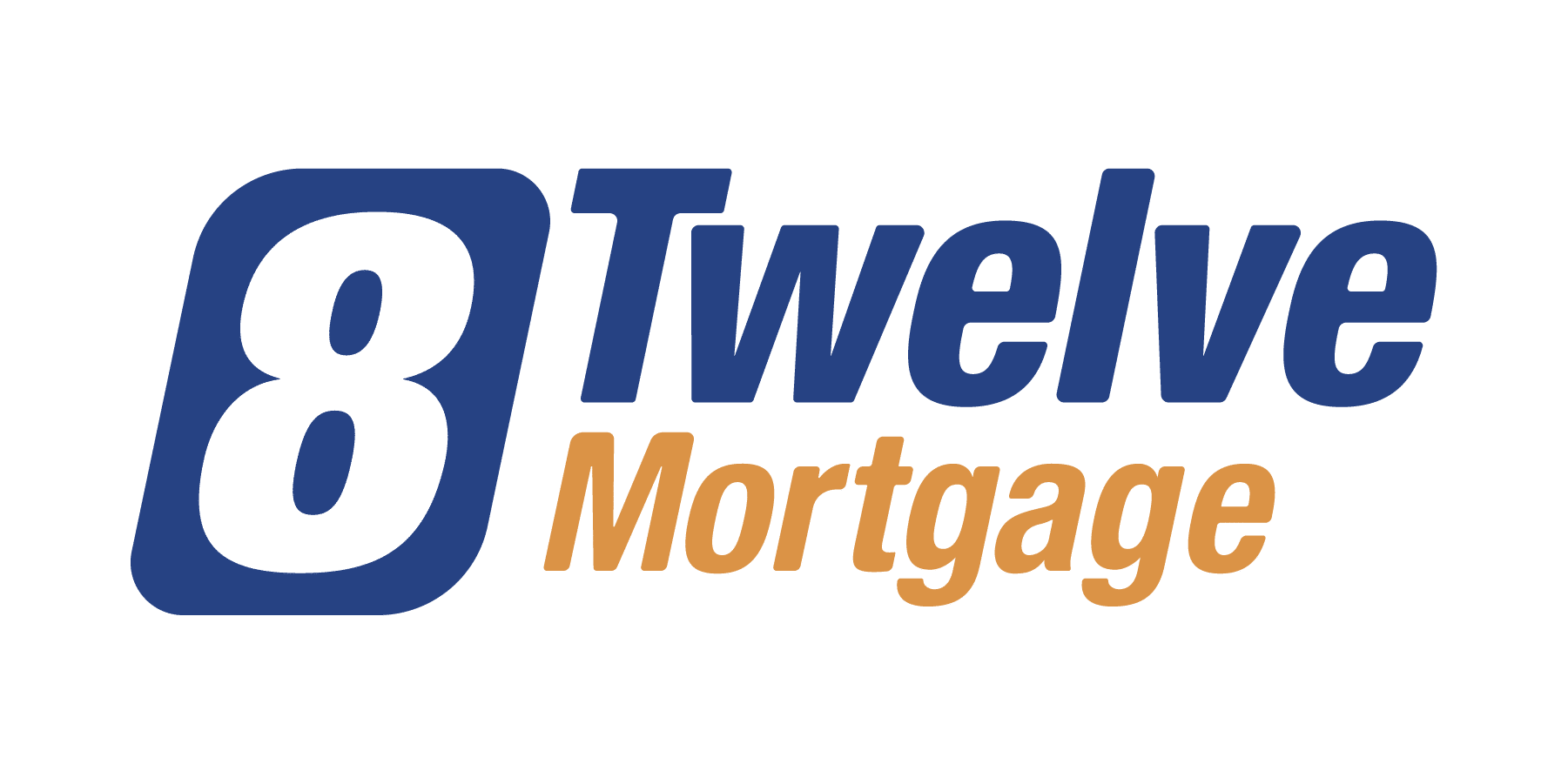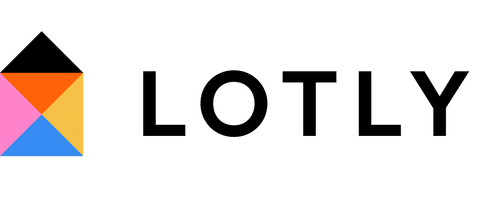Compare Lenders
Mortgages come in a variety of different shapes and sizes. There are open and closed mortgages. Fixed and variable rate mortgages. But one term you might not have heard of is collateral mortgage. (Not to be confused with conventional mortgage.) If you’re unfamiliar with it, don’t be too upset. Collateral mortgages aren’t something most Canadians would discuss around the dinner table. While collateral mortgages can come in handy, they can restrict you as well.
It’s easy to mix up collateral and conventional mortgage. Both begin with the letter C in the alphabet. Although they share some similarities, there are some important differences you’ll want to know. If you’re shopping for a mortgage, you might sign up for a collateral mortgage without even knowing it. (It’s often buried in the fine print in the terms and conditions of your mortgage paperwork.)
Conventional mortgages are pretty straightforward to understand. It’s the mortgage most Canadians take out. A conventional mortgage is when you make a down payment of 20% or more (as opposed to putting down less than 20% and qualifying for a high-ratio mortgage). When you have a conventional mortgage, the amount that’s registered on your mortgage is equal to your mortgage amount.Â
For example, if you’re buying a condo for $250,000 and you’re making a 20% down payment ($50,000), you’ll need a $200,000 mortgage to close the deal. However, with a collateral mortgage, it works slightly differently.
A collateral mortgage may register a charge of up to 125% of your property’s value (provided you’re making a 20% down payment). In the same example, with a $250,000 property, the lender could register a maximum charge of $312,500.
You’re probably wondering why a lender would register a charge greater than the property’s value. Because the lender is setting it up in case you later borrow funds from the equity in your home.
Lenders are increasingly offering collateral mortgages these days. Most of the big banks offer collateral mortgages. (In case you’re wondering, the opposite of a collateral mortgage is a standard mortgage where a standard charge is registered instead of a collateral charge.)
Why You Might Choose a Collateral Mortgage
Borrowing money by way of a home equity line of credit is one of the cheapest ways to borrow money outside of a mortgage. A collateral mortgage makes sense if you’re planning to set up a home equity line of credit now or later on.
With a standard mortgage, you may have to refinance your mortgage and pay mortgage penalties, not to mention a higher rate. If you have a collateral mortgage, you may be able to set up a home equity line of credit with your existing lender and mortgage and not pay a costly mortgage penalty.
Collateral mortgages do have their downsides though. It makes it tougher to shop around when your mortgage comes up for renewal. If you aren’t planning to take out a home equity line of credit, you might be better with a standard mortgage.
Additional Articles About Mortgages
Explore more
Why Choose Smarter Loans?

Access to Over 50 Lenders in One Place

Transparency in Rates & Terms

100% Free to Use

Apply Once & Get Multiple Offers

Save Time & Money

Expert Tips and Advice


















